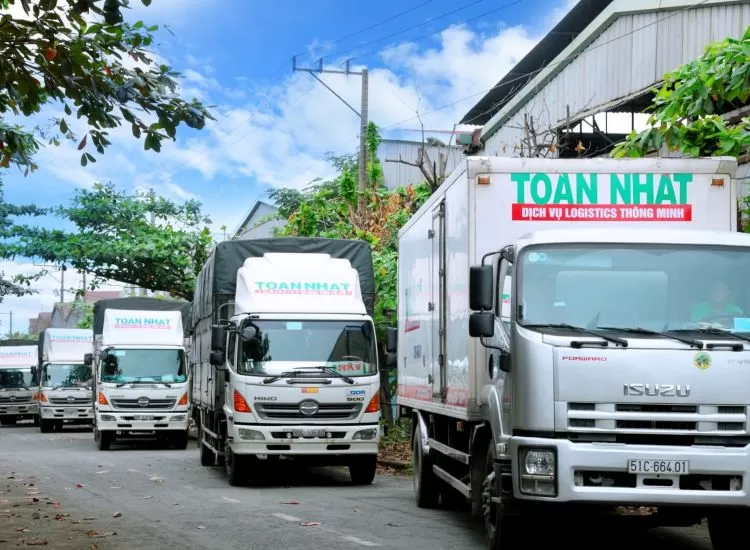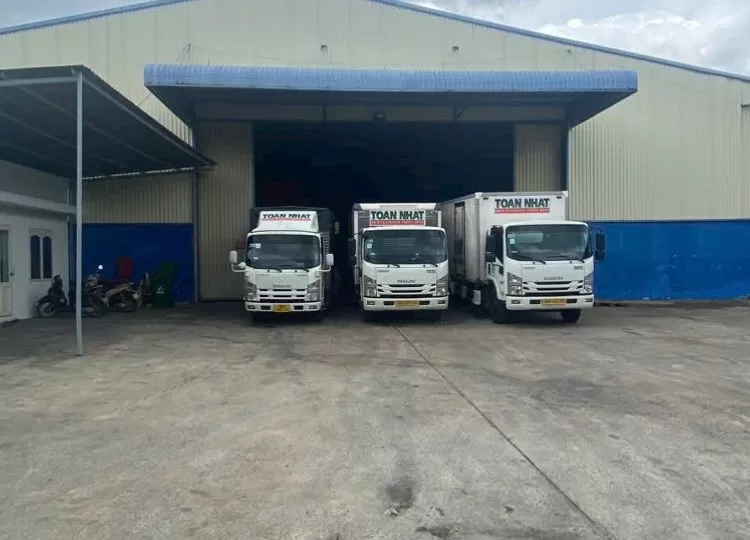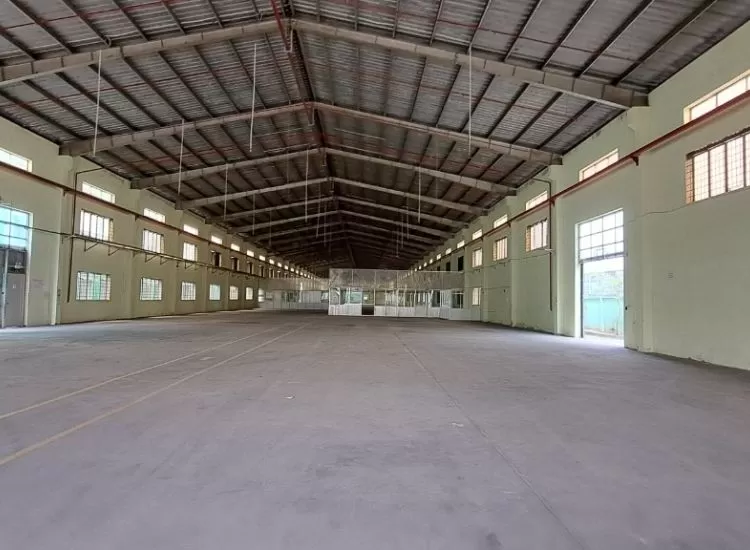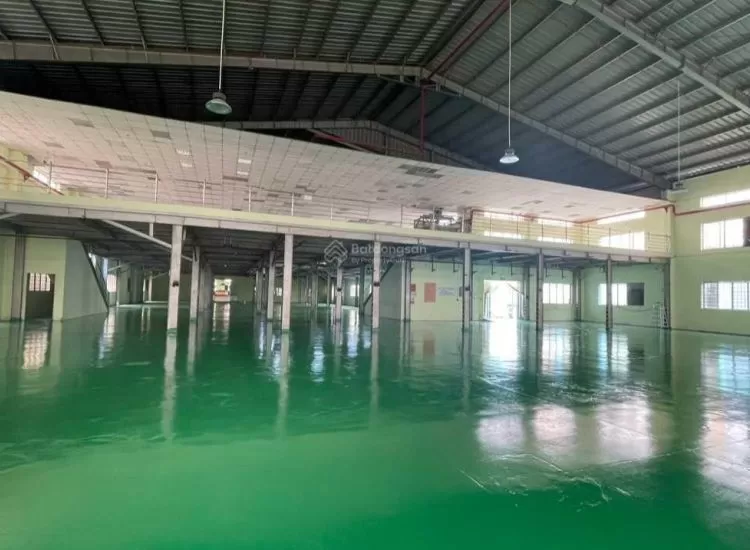Shipping lines changed routes due to escalating security concerns at Bab-al-Mandeb
Security concerns in the Bab-el-Mandeb Strait have prompted several major shipping lines to suspend passage through the Red Sea, rerouting their vessels around Africa or via the Cape of Good Hope.
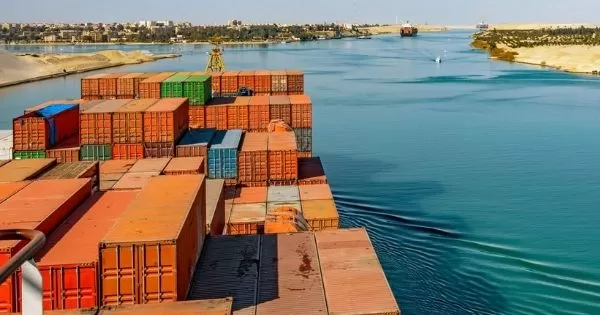
A container ship at Suez Canal (Photo: Istock)
Recent security escalation in the Bab-al-Mandeb strait near Yemen has sparked a crisis in maritime trade. Houthis' attacks on multiple vessels off Yemen's coast prompted several major shipping lines to halt their vessels' passage through the Red Sea, effectively closing off the Suez routing for an undetermined duration.
This shift is set to disrupt various trade routes, particularly impacting the Far East to North America East Coast (NAEC) trade, which had increasingly favored the Suez routing due to limitations in the Panama Canal caused by drought, rendering a return to the Panama routing unfeasible.
The impact on Africa-bound routes will be considerable, notably affecting services to the Mediterranean (MED). Using an estimated standard speed of 17 knots during this deviation, the expected transit time surge could reach around 9 days longer for Far East-North Europe, 14 days for MED, and 5 days for NAEC. To maintain a weekly departure, additional vessels will be required for full roundtrip services on these trades.
According to Sea-Intelligence, analyzing the impacted trades' service count, average vessel sizes, and introducing an additional vessel for every 7-day sailing increase allows for the calculation of necessary added vessels on each trade. Moreover, this analysis estimates the total nominal capacity required to facilitate continuous round-Africa services, as demonstrated in Figure 1.
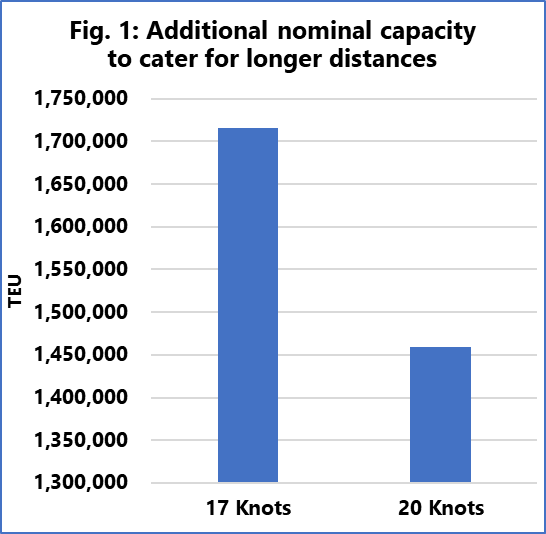
Source: Sunday Spotlight, issue 645, Sea-Intelligence
Sea-Intelligence commented that "With these assumptions, a switch to round-Africa would require 1.45-1.7 Million TEU of vessel capacity. This equals between 5.1%-6.0% of the total global container vessel capacity. Part of the current overcapacity problem has been absorbed by slow-steaming, and while this additional capacity can also be absorbed – only just – it would require vessels to sail faster."
Read more:
- CMA CGM Implements Red Sea Charge Amidst Ongoing Safety Measures
- Red Sea Crisis: Container Shipping Rates Skyrocket, Consumers Expected to Feel the Impact
- Risk of supply chain crisis from Suez Canal
Source: Phaata.com (According to Sea-Intelligence)
Phaata.com - Vietnam's First International Logistics Marketplace
► Find Better Freight Rates & Logistics Services!

















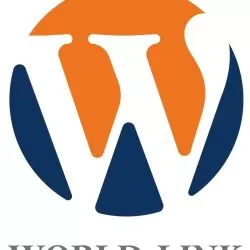





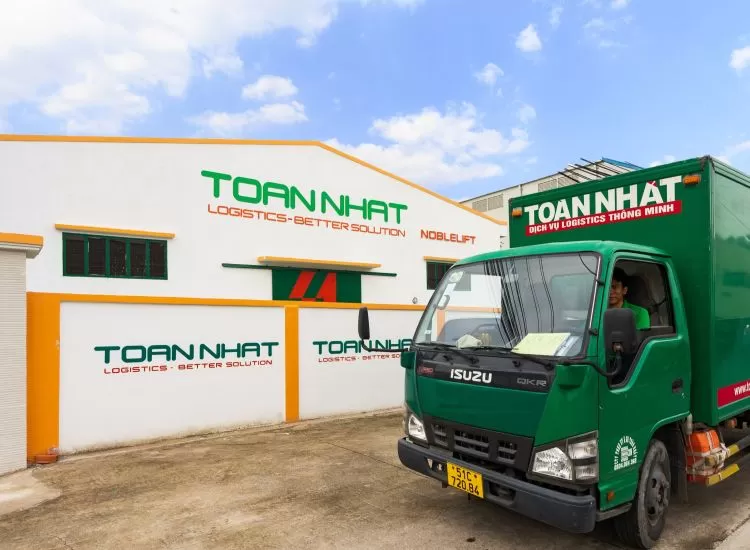
.webp)
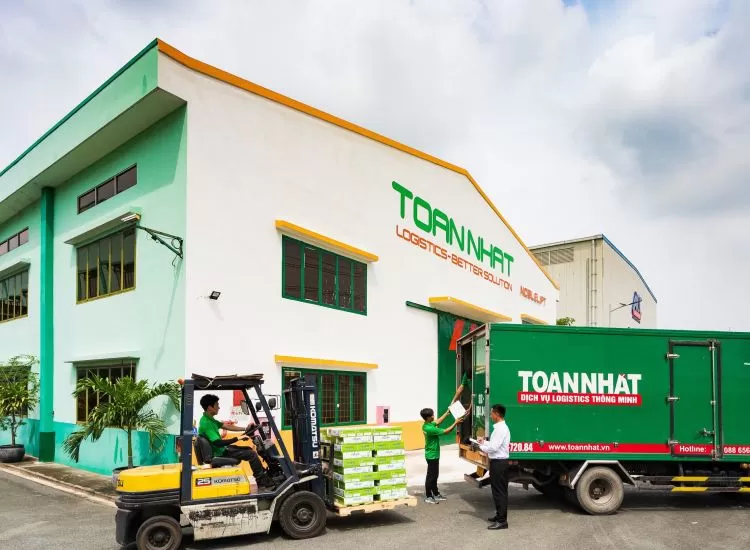
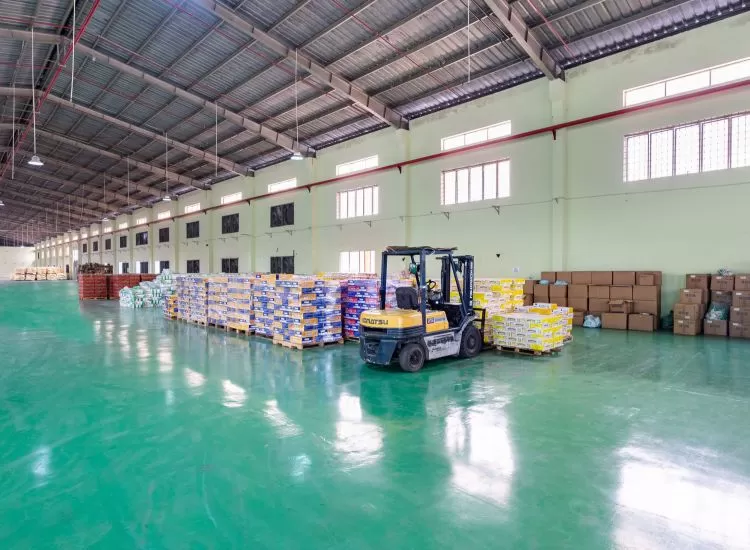
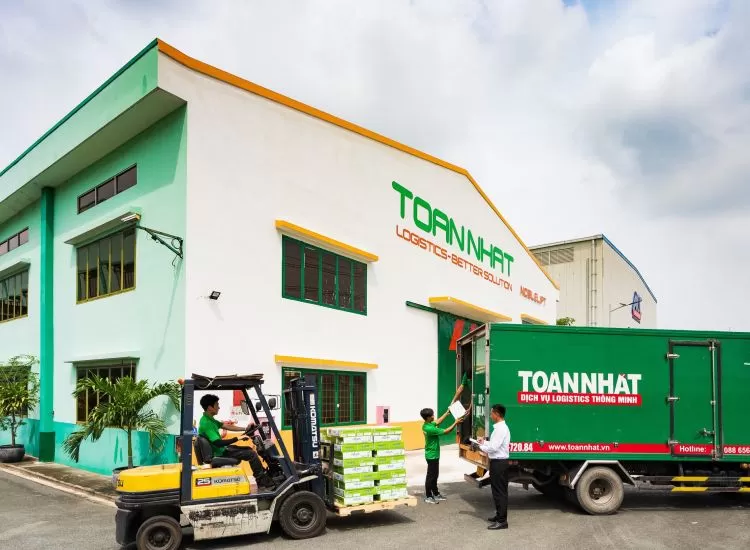





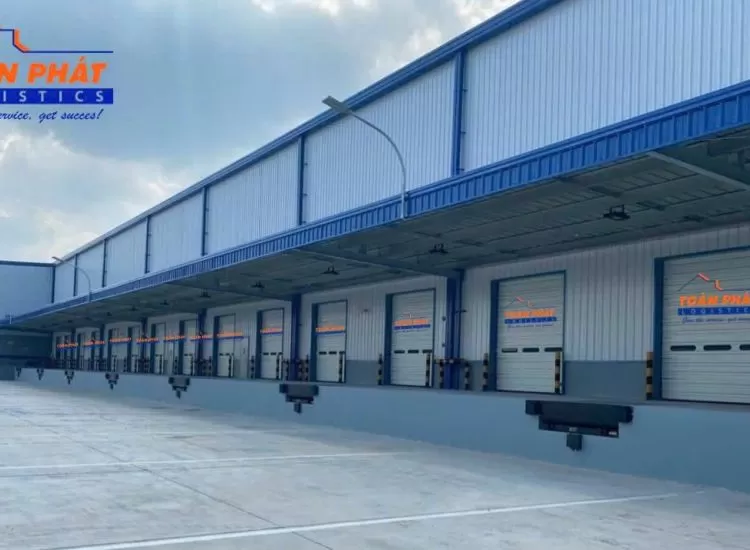
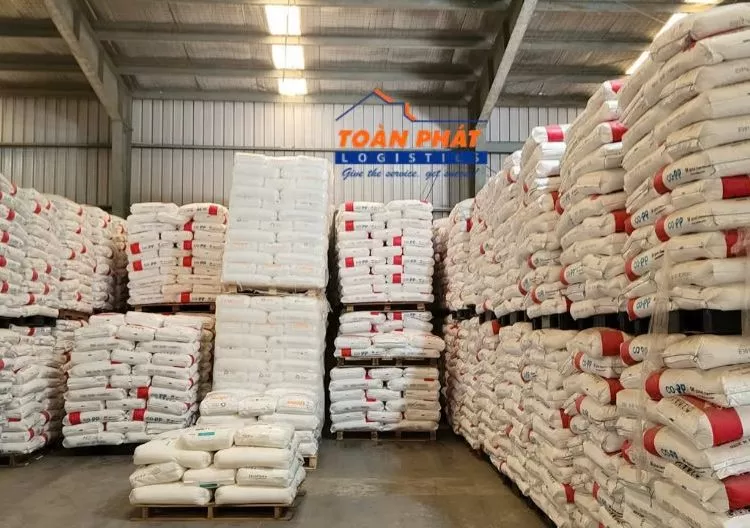
.webp)
